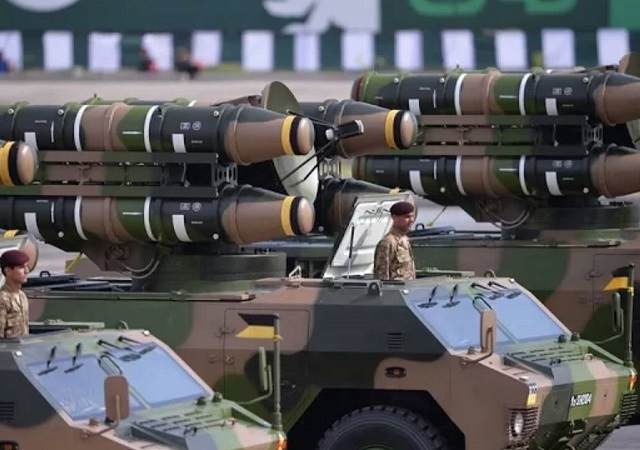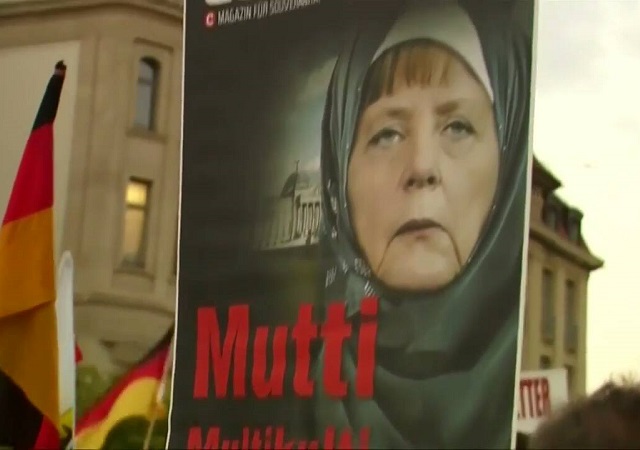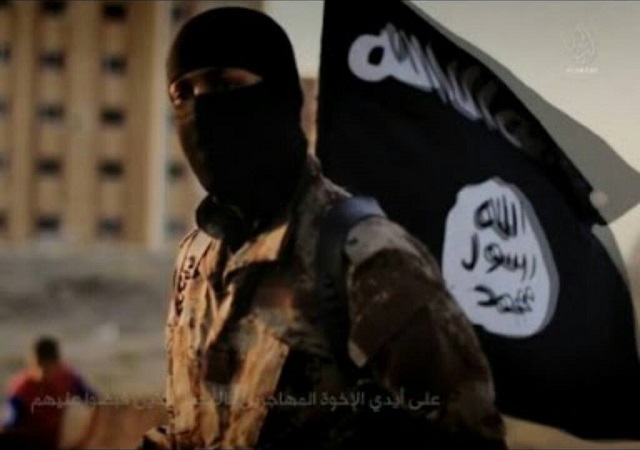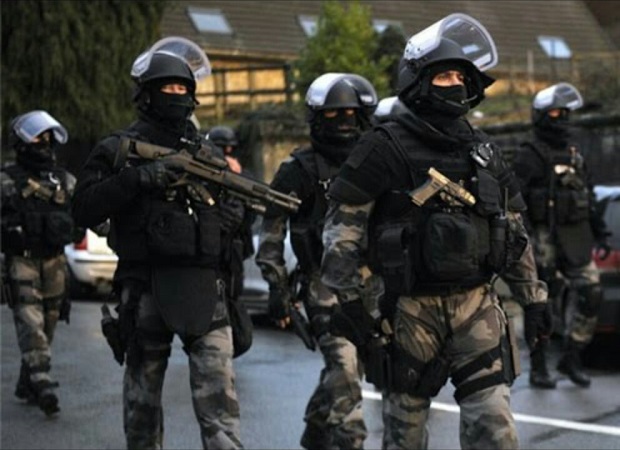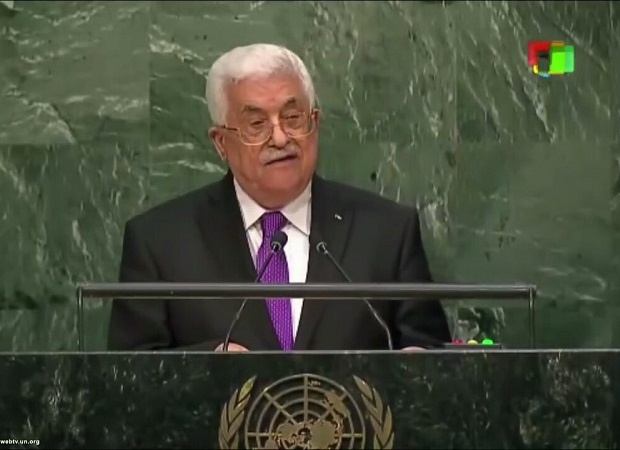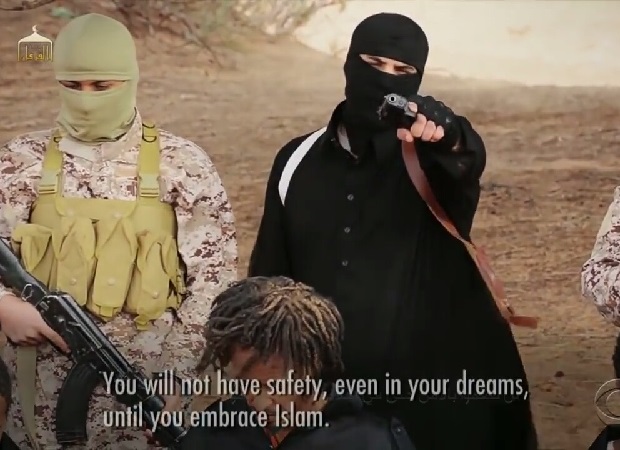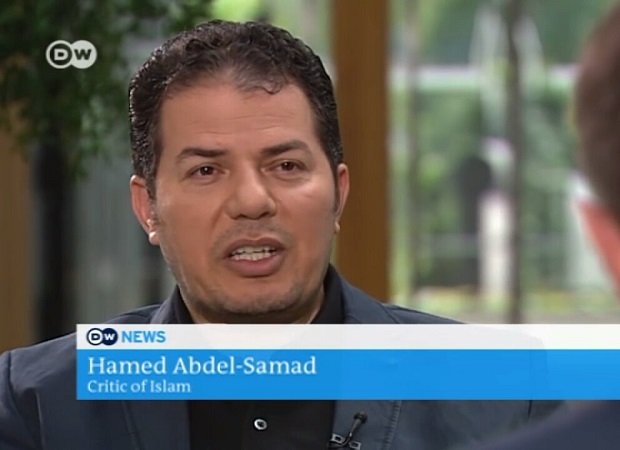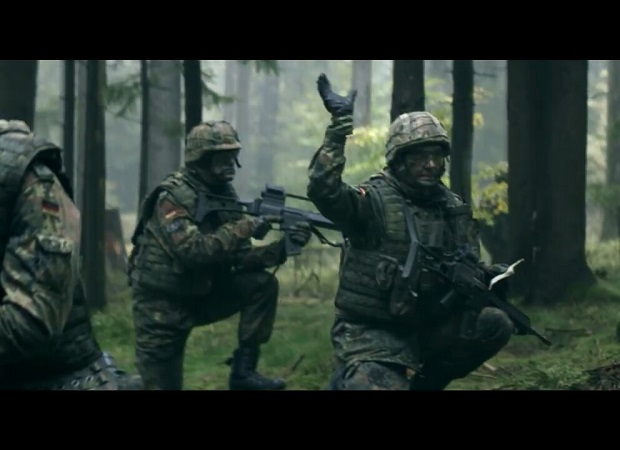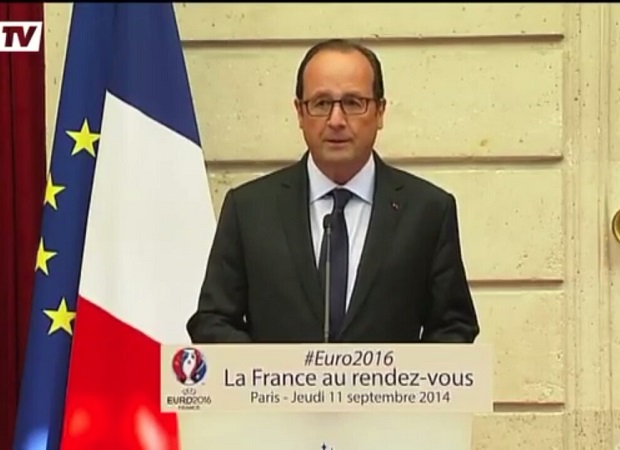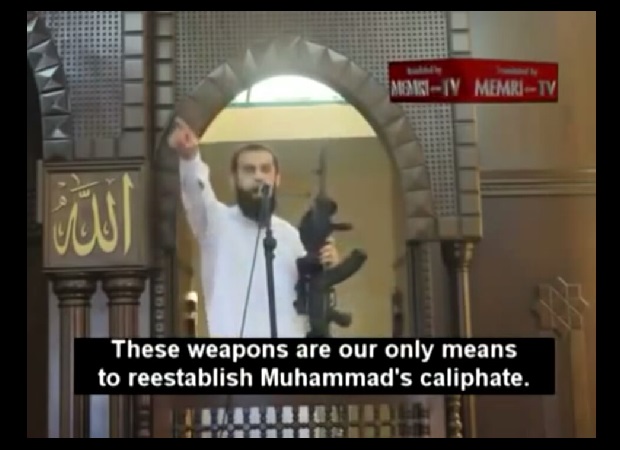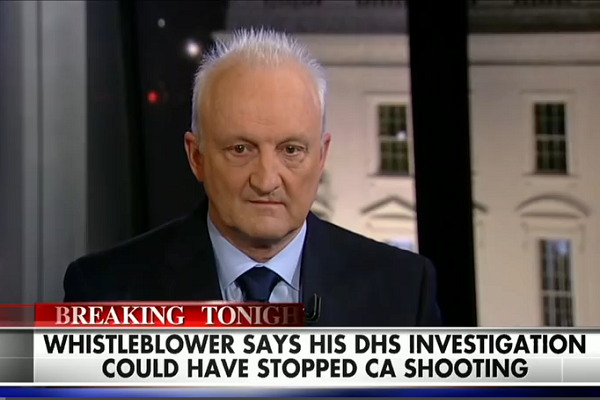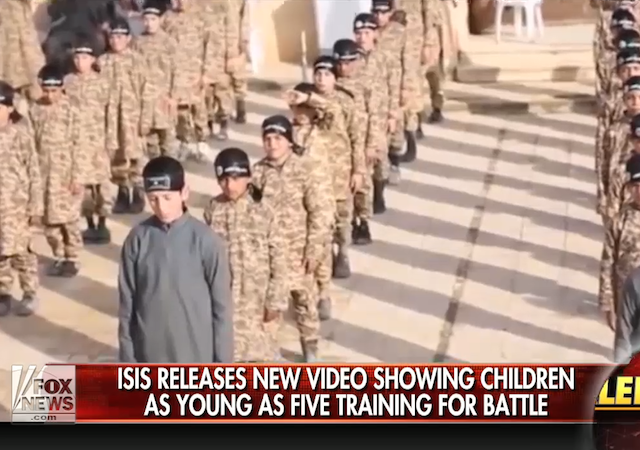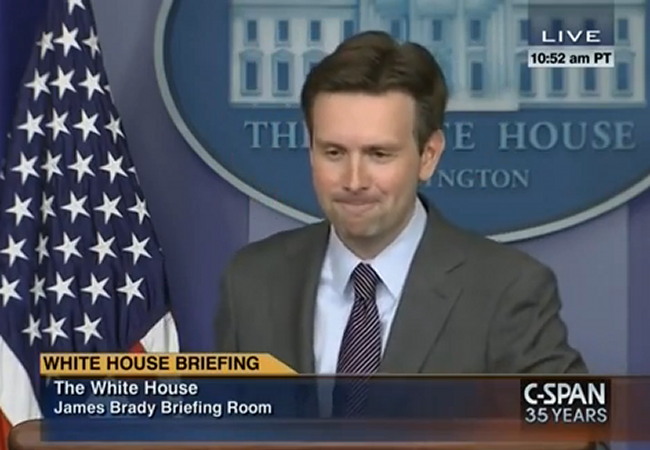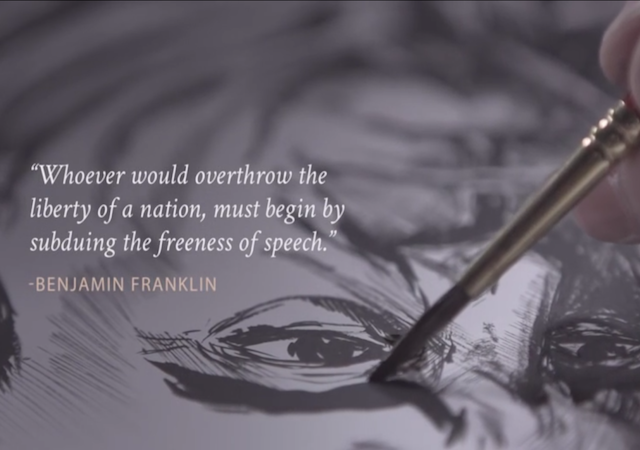Saudi Arabia creates multinational ‘Islamic Army’
on January 10, 2017
14 Comments
Saudi Arabia is pushing ahead with its plans of creating an international Islamic army. Saudi-led Islamic Military Alliance (IMA) comprises of 39 Sunni Muslim states including nuclear-armed Pakistan. According to a report published this week by the British newspaper Guardian, former Pakistan army chief Raheel Sharif has been tapped to become the first commander of this "Muslim Nato".
Saudi-led Islamic army is not backed by Iran, which is busy building a rival Muslim block by financing and arming standing armies and terrorist militias in Shia-majority countries and regions.
The declared aim of this military alliance is to fight terrorism. Ironically, its leading member states are direct sponsors of Jihadi terrorism across the world. Pakistan's military actively nurtures and sponsors Islamic terrorist groups operating against Hindu-majority India, along with its long-standing ties with Taliban in Afghanistan. Gulf Arab States and Turkey have supported and funded Islamic State (ISIS) at one time or another.

